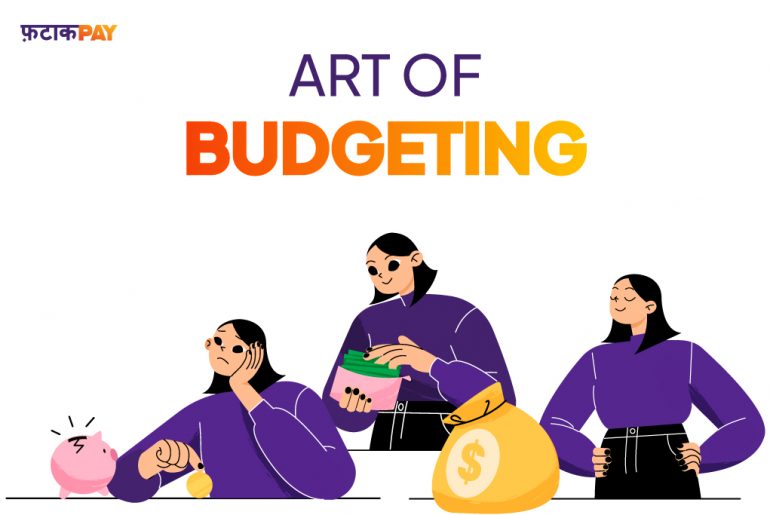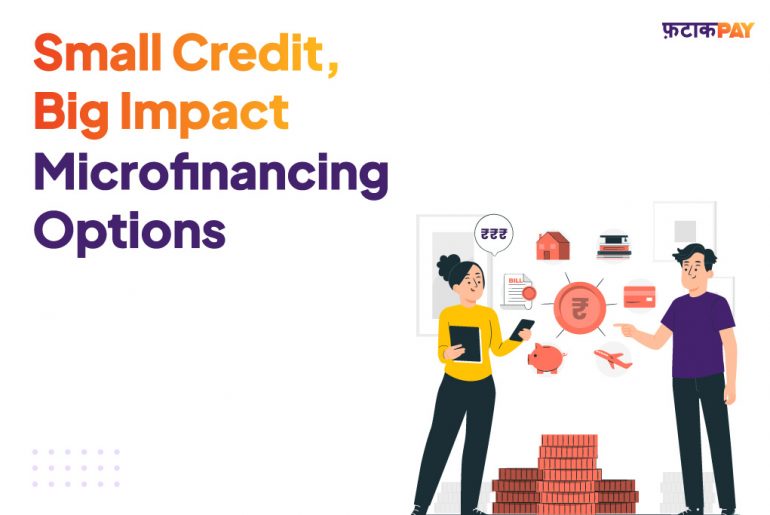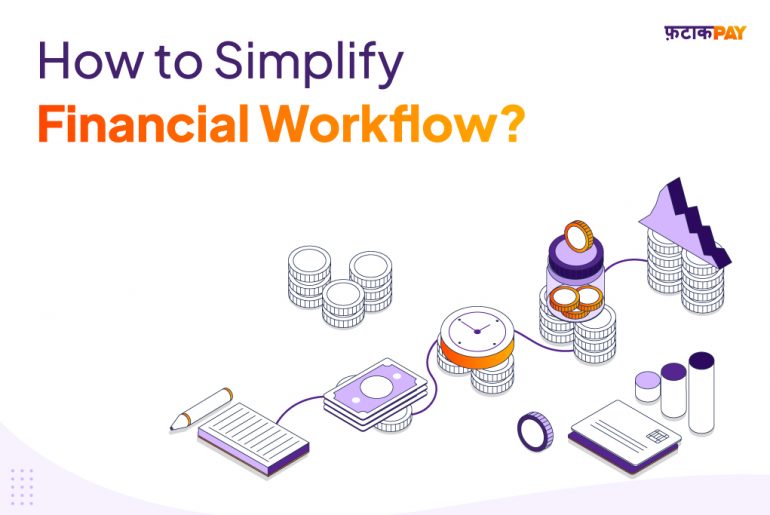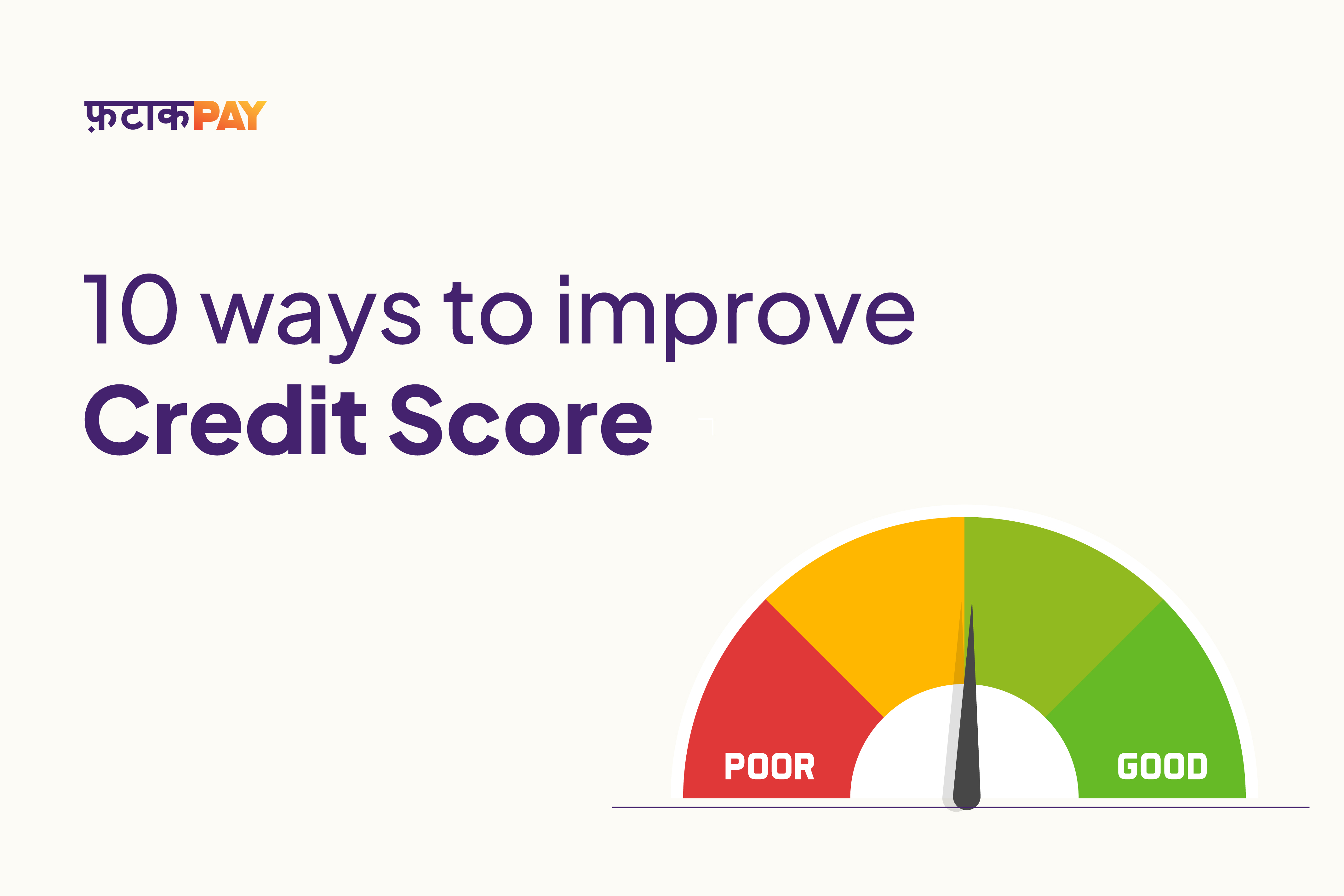When we go on a trip, we plan everything: when to depart, reach where, what clothes are needed, etc. Everything is so organized, so why not manage your expenses? Financial stability is essential, and making a budget is the best way to help you create financial stability.
Budgeting is a fundamental pillar that you can rely on. The importance of budgeting cannot be overstated, as it helps you navigate the intricate landscape of personal finance.
By establishing a budget, you can understand your financial situation comprehensively and demystify the budgeting process’s intricacies. Ultimately, budgeting has the potential to transform your economic outlook and improve your financial stability.
In this blog, we will crack the tough nut of budgeting that can make your life worry-free.
Simplifying the Process of Budgeting:
So many people struggle with managing their finances. If you are one of them, then don’t worry. We are here to simplify the budgeting process that can help you simplify the seemingly complex tasks of creating and maintaining a budget by breaking them into more understandable components.
You can better understand your financial situation by shedding light on fundamental aspects such as income review, expense tracking, and financial goal-setting. This clarity empowers you to take control of your finances, making budgeting more approachable and achievable. And move you towards a secure financial future by demystifying today’s budgeting process!
Plan Your Finances for Creating a Budget
Comprehensive Overview of Your Finances:
Before taking steps towards financial transformation, it’s essential to understand your financial situation clearly. It involves carefully examining your income and expenses and tracking your financial inflows and outflows, like where spending is high, where is low, what did you spend on Needs, and what did you spend on wants, etc.
We also have a blog on Mindful Spending: For Secure Financial Future that will guide you on how you can control and manage your expenses.
You can establish a solid foundation for making informed decisions when creating your budget by keeping track of your spending habits and gathering critical financial documents.
Set Realistic Financial Goals while making a budget:
When managing your finances, setting realistic goals is like having a compass to guide you on your journey. It means defining achievable short-term and long-term objectives that work for you.
It’s also essential to create an emergency fund. Hence, now you’re prepared for unexpected expenses and to align your budget with your broader life aspirations. Setting goals tailored to your unique financial ambitions allows you to make your budget work for you and stay on track toward your dreams.
Categorizing and Prioritizing Expenses:
To manage your finances effectively, you need to understand your expenses well. That means separating them into fixed and variable costs and figuring out which ones you can’t change versus which ones you can.
Once you know what you need versus what you want, you can focus your money on what matters most and maximize your financial resources. We also discussed Wants and Needs in the blog mentioned above, Mindful Spending: for Secure Financial Future.
Creating a Comprehensive Budget:
Remember that creating a comprehensive budget is the cornerstone of financial planning. It would help if you allocated your income while balancing your needs, wants, and savings strategically, following principles like the 50/30/20 rule.
The most popular budgeting strategy is – 50/30/20, which allocates your income into three categories:
You must spend 50% of your income on needs, such as housing, utilities, food, and transportation.
You must spend 30% of your income on wants, such as entertainment, dining out, and vacations.
You must spend 20% of your income, which should be saved or invested, such as emergency funds, retirement accounts, or paying off debt.
This rule helps you balance your spending and saving priorities, ensuring you have enough money for your essential needs while allowing you to enjoy your discretionary spending and invest in your financial future.
Budgeting tools apps, for example, FinArt, GoodBudget, Expense Manager, Monefy, etc., help you manage your money optimally and make the process more efficient.
Monitoring and Adjusting Your Budget:
You must closely monitor your financial situation, as it can change rapidly. You should regularly review and modify your budget to reflect your current circumstances.
By identifying and fixing any budget leaks or areas where your money is unnecessarily going and being able to adjust to life changes and unforeseen expenses, you can ensure that your financial plan remains relevant and effective over time.
Building Healthy Financial Habits:
Regarding long-term success, you need to develop healthy financial habits beyond just the technical aspects. It involves creating innovative spending strategies, being mindful of informed purchases, and avoiding impulsive buying.
You should recognize and avoid emotional spending and commit to continuously learning about financial literacy. By doing this, you can cultivate responsible and sustainable money management practices that will serve you well.
Debt Management and Elimination:
If you’re looking to transform your financial situation, focusing on managing and getting rid of debt is essential. Start by facing your current financial obligations head-on and assessing your debts.
Consider using strategies like the snowball or avalanche to pay off your debts systematically. Taking proactive steps to prevent debt in the first place is also crucial for securing your financial future.
Conclusion:
In conclusion, transforming your finances is a journey that involves creating a clear financial snapshot, setting realistic goals, categorizing expenses, constructing a budget, monitoring and adjusting your plan, building healthy habits, and effective debt management.
By adapting these practices into your financial routine, you can achieve short and long-term financial stability and empowerment. With dedication and consistency, you can confidently navigate the complexities of personal finance, achieving a transformative impact on your economic well-being.
About FatakPay:
FatakPay offers universal access to virtual credit facilities. You may access it on your phone and use it for both online and offline daily requirements. Payments are made easily using UPI/QR codes. With the ability to scan now, pay later, and have simple payback alternatives, the system offers a nearly cost-free, fast, transparent, and secure way to transact multilingually.
Click Here to Download FatakPay app or Visit Our website.







